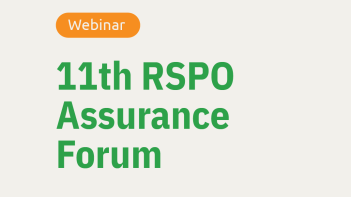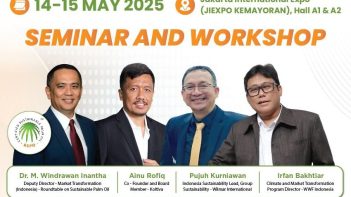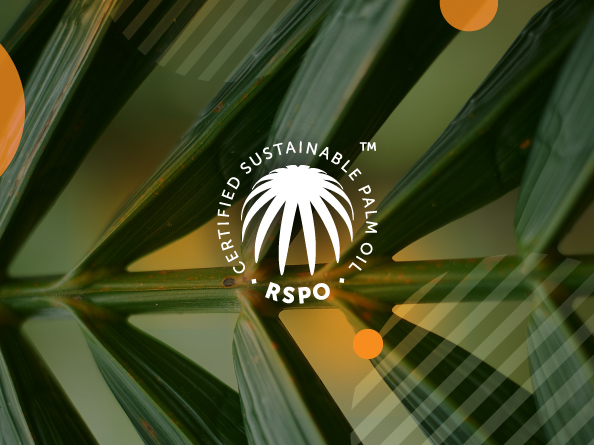Date: 19 December 2016 - 20 December 2016
Time:
Location: Hotel Santika, Bogor, Indonesia
Event Type:
RSPO is organizing a two day workshop for growers on relevant RSPO guidance and Best Management Practices in relation to Carbon, Greenhouse Gases and Peatlands.
The workshop will be held from 20th & 21st December 2016 at Hotel Santika, Bogor. This training is co-organised and supported by Wetlands International (WI), and will be supported by the RSPO’s Emission Reduction Working Group (ERWG).
The workshop will be conducted in English. There will be no registration fee imposed, however, due to limitation in space, kindly be informed that only a maximum of 2 attendees will be allowed from the same organisation. The maximum number of participants is kept at 30 attendees as to manage the training effectively. Admission will be based on order of registration.
The brief agenda for the workshop:
Day 1 – 20th December 2016 (Tuesday)
- RSPO Criterion 4.3, 5.6 & 7.8 in relation to Greenhouse Gases and Peat
- Introduction Oil Palm Cultivation on peat
- Rehabilitation and restoration options for peatlands
- Monitoring and reporting as required in the P&C
- RSPO PalmGHG Calculator
Day 2 – 21th December 2016 (Wednesday)
- Brief guidance on peat field measurement
- Grower Experience: A Review on the improved version of RSPO PalmGHG (version 3) in calculating GHG emissions of oil palm RSPO GHG Assessment Procedure for New Plantings
- Grower Experience on Land Use Planning in New Oil Palm Plantings
- Open Discussion
For registration and more details on this workshop, please contact [email protected] by 9th December 2016, 5pm (UTC+08:00).
Keep reading

11th RSPO Assurance Forum
We are pleased to announce that the RSPO will be hosting the upcoming Assurance Forum, a bi-annual signature programme supported by the Assurance Standing Committee (ASC). The Assurance Forum is open to…

15th Edition of PALMEX Indonesia 2025
We are excited to share that the Roundtable on Sustainable Palm Oil (RSPO) will be joining the 15th edition of PALMEX 2025 – Indonesia’s Largest Palm Oil Expo, held at the Jakarta…

RSPO Principles and Criteria (P&C) Lead Auditor Training Course – Abuja, Nigeria
The RSPO-endorsed six-day, open field Principles and Criteria (P&C) Lead Auditor course is open to all RSPO P&C Auditors from Certification Bodies, palm oil companies (sustainability teams, production and operations manager and…

RSPO Principles and Criteria (P&C) Lead Auditor Training Course – Penang, Malaysia
This RSPO-endorsed six-day, open field Principles and Criteria (P&C) Lead Auditor course is open to all RSPO P&C Auditors from Certification Bodies, palm oil companies (sustainability teams, production and operations manager and…



